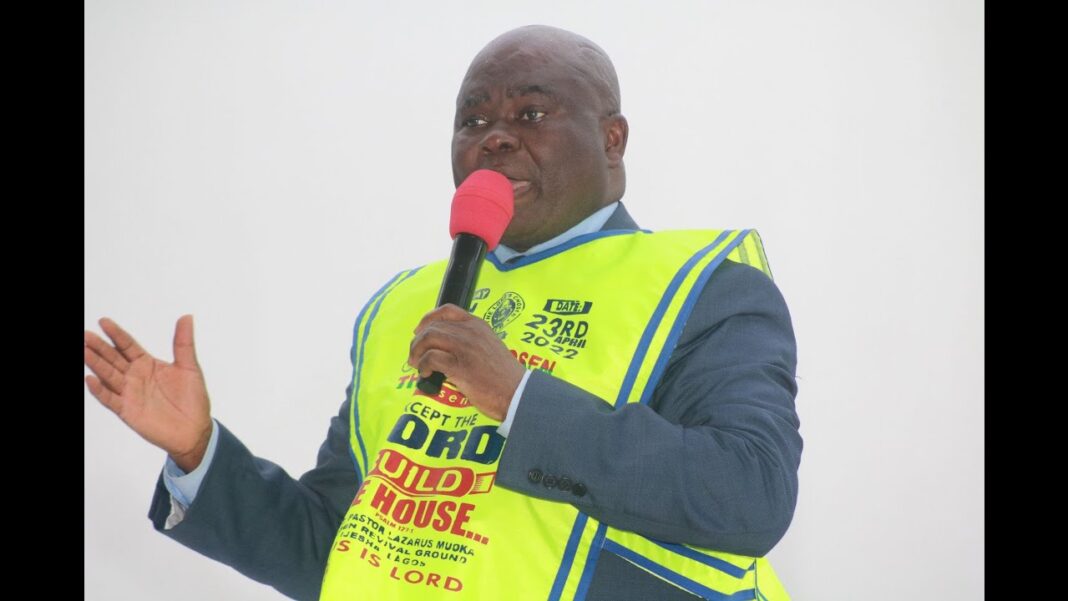By David Sanni
Children’s participation in agriculture reflects a blend of historical practices, economic necessities and modern challenges, especially in some regions of Nigeria. Historically, agriculture has been fundamental to human existence, with traditional farming methods shaping societal norms and cultural practices.
In many areas, communal farming was common, with families collaborating or hiring labourers for mutual aid in tending to their fields. Children often participated in these activities, learning valuable skills from an early age.
However, the advent of industrialisation and mechanisation brought significant changes to the agricultural landscape. Mechanised farming methods, while increasing efficiency and productivity, also marginalised traditional practices, particularly among small-scale farmers.
Yet, due to the high costs associated with modern equipment, many small-scale farmers continue to rely on manual labour, with children playing essential roles in farm work, including land preparation, planting and harvesting.
Economic factors further drive children’s involvement in agriculture, particularly in regions facing economic instability and food insecurity. In Nigeria, where agriculture serves as a vital source of income and sustenance, families depend on farming to meet their basic needs. Inflation and market fluctuations compel families to maximise agricultural output, making children’s labour crucial for farm success and family survival.
Political leaders, recognising the importance of agriculture for economic empowerment and food security, have encouraged citizens to embrace farming. Former Nigerian President Muhammadu Buhari, for instance, announced that all citizens should go back to farm making agriculture a means of poverty reduction and employment creation.
This encouragement reinforces the significance of farming in national development agendas and motivates children to engage in agricultural activities alongside their educational pursuits.
In rural areas with ample land access, children have greater opportunities to participate in farming activities. Many rural families own or have access to large tracts of land, enabling children to contribute to agricultural endeavors alongside their parents.
This involvement not only supplements household income but also imparts valuable skills and knowledge to the younger generation, ensuring the continuity of agricultural traditions.
Despite challenges, such as limited access to education and resources, children involved in farming demonstrate resilience and determination. They leverage their understanding of local agricultural practices and their willingness to work hard to create livelihoods for themselves and their families.
Their contributions sustain agricultural livelihoods, foster economic resilience, and contribute to community development.
To support young farmers, investment in agricultural education, training, and infrastructure is crucial. Equipping children with the skills and resources needed for modern farming practices empowers them to succeed in agriculture. By nurturing their entrepreneurial spirit, policymakers, educators and community leaders can promote sustainable economic development and poverty alleviation in rural communities.
In summary, children’s involvement in agriculture is influenced by historical traditions, economic imperatives and contemporary challenges. Understanding these factors is essential for creating a more inclusive and sustainable agricultural sector.
By recognising the significance of children’s roles in farming practices and investing in their development, we can pave the way for a brighter future for agriculture and rural communities.
David Sanni, a youth corps member, writes from Ikpalegwa, Abi Local Government Area, Cross River State





